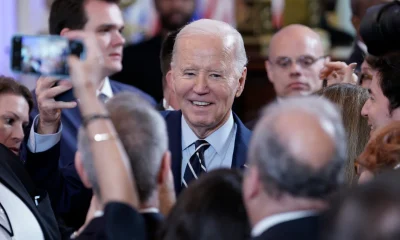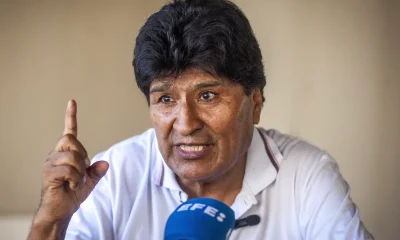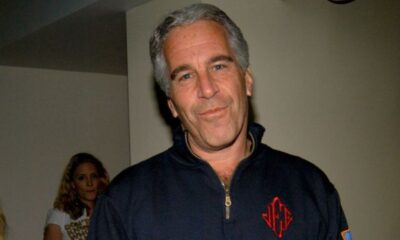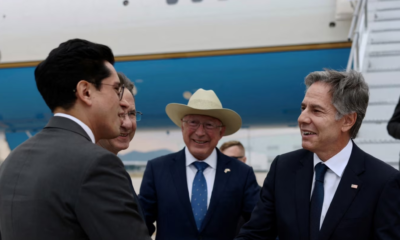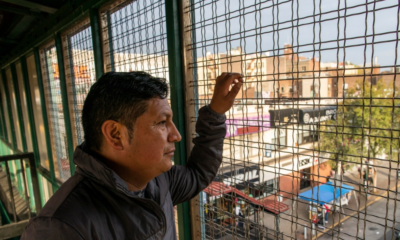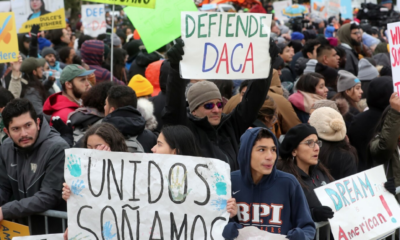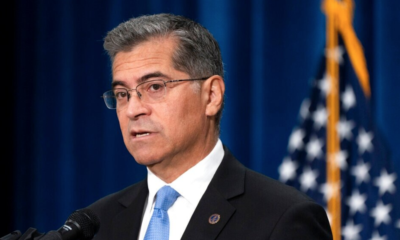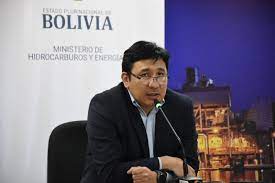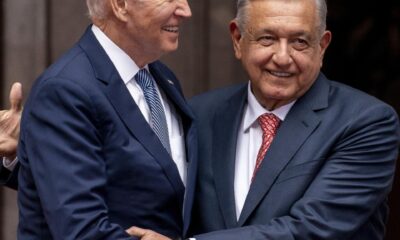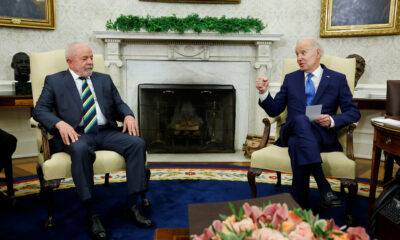International
Bolivia rejects U.S. criticism of its anti-drug efforts

September 18 |
The former president of Bolivia, Evo Morales, and the current Minister of Government of that nation, Eduardo Del Castillo, among others, rejected in recent hours a report prepared by the Government of the United States (US), through which disapproves the anti-drug policy of the Latin American nation.
In statements to a local radio station on Sunday, Morales described the report as “political, contradictory and double standards”. He pointed out that the U.S. “is the country that has one of the highest rates of drug consumption and overdose deaths in the world”.
He called attention to the fact that Washington has always decertified peoples like Bolivia and Venezuela because they are free and dignified, and do not submit to its impositions, he said.
For his part, Del Castillo denounced the day before through his social networks that the report was prepared unilaterally, lacks technical support and has clear geopolitical intentions.
He questioned that the White House report is contrary to international treaties on territorial integrity, sovereignty and non-interference in internal affairs of other States.
He affirmed that La Paz only recognizes the International Narcotics Control Board of the United Nations as a qualified international authority to issue an opinion on the subject.
In this regard, he urged Washington not to assume powers that do not correspond to it and to address the “excessive consumption of illicit drugs” among its population, “which causes an uncontrolled increase in international demand for drugs,” he said.
He stressed that Bolivia’s actions in this area have led to a record number of drug seizures, as well as the destruction of clandestine airstrips and illegal laboratories used to process these substances.
He recalled that La Paz is part of the UN Commission on Narcotic Drugs and that its work has been recognized by the European Union and other Latin American countries.
Jaime Mamani, Vice-Minister of Social Defense and Controlled Substances, joined the Bolivian Government’s questioning and declared to local media that the document issued by the U.S. is “unilateral, biased and political”. He added that it has no value for Bolivia.
On Friday, President Joe Biden sent to Congress the U.S. Government’s Decertification Memorandum, which disapproves for the sixteenth consecutive time the Andean country’s and Venezuela’s fight in this area.
International
Pope Leo XIV’s roots in Peru inspire hope for Amazon protection
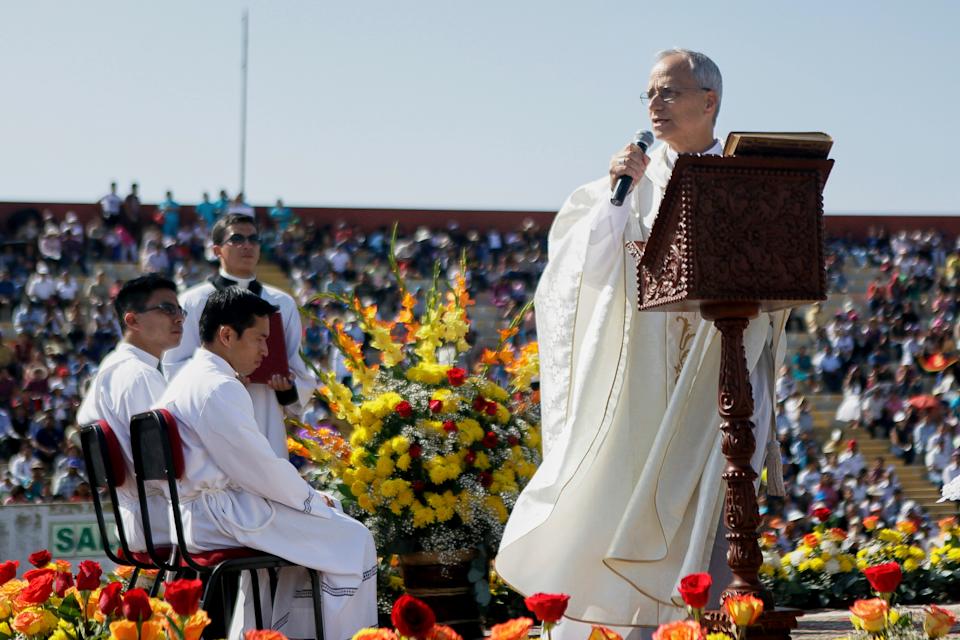
The bishop sat silently near the front row, hands clasped, as Indigenous leaders and Church workers spoke about the threats facing the forests of northern Peru, deep within the Amazon. It was 2016, one year after Laudato Si, Pope Francis’ encyclical on the environment.
When it was his turn to speak, the bishop didn’t preach—even though the gathering was taking place in his own city, Chiclayo, where he was hosting a regional meeting. Instead, he reflected on what he had witnessed.
“I believe it’s a very important encyclical,” he said. “It also marks a new step in the Church’s explicit expression of concern for all of creation.”
That bishop, Robert Prevost, is now Pope Leo XIV.
“He was always warm and approachable,” recalled Laura Vargas, secretary of the Interreligious Council of Peru, who helped organize the event, in a phone interview with The Associated Press.
“He had a strong interest in a socially engaged ministry, very close to the people. That’s why, when we proposed holding the event in his diocese, he welcomed it without hesitation,” she added.
Since then, Prevost has strengthened ties with environmental interfaith networks like the Interfaith Rainforest Initiative and Indigenous organizations such as AIDESEP, which place forest protection and rights at the heart of Church concerns.
These credentials have given hope to clergy and the faithful across the Amazon region—a vast area of 48 million people and 6.7 million square kilometers (2.6 million square miles) in South America. Many see Prevost, who was born in Chicago and spent nearly two decades in rural Peru, as a pope who will protect the region and stand up to climate change.
International
Pope Leo XIV blesses mexican faithful during Vatican appearance
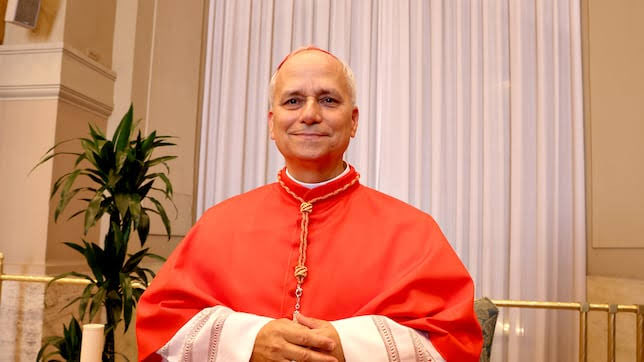
Following his appointment as the new leader of the Catholic Church, Pope Leo XIV offered his blessing to Mexican faithful and priests who had been waiting for him in the courtyard of the Palace of the Holy Office, just steps away from the entrance to the Vatican.
As he continued to shake hands with those present, someone exclaimed, “Greetings from Mexico!” To which Pope Leo XIV responded warmly, smiling and asking, “From Mexico?” A woman, kneeling to receive his blessing, confirmed: “All from Guadalajara.” The Pope reacted with pleasant surprise, exclaiming, “Ah, Guadalajara!”
Upon his arrival, the first American Pope—who also holds Peruvian nationality—blessed those awaiting him and even signed a Bible for a young girl.
International
Habeas Corpus at risk as Trump team eyes drastic border policy shift
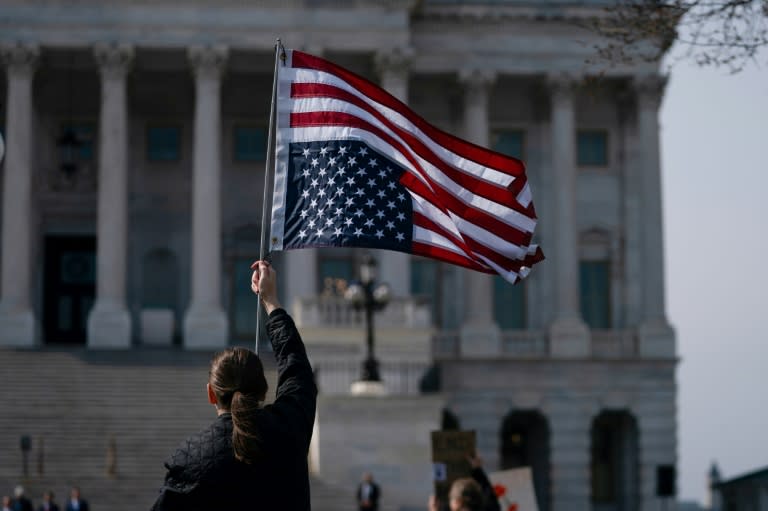
The White House is reportedly considering suspending habeas corpus, the legal principle that protects individuals against arbitrary detention, as part of its efforts to escalate anti-immigration measures in the United States.
In remarks to reporters, Stephen Miller, a senior advisor to President Donald Trump, argued that the U.S. Constitution allows the suspension of habeas corpus “in times of invasion.”
“It’s an option we are actively considering, and it all depends on whether the courts do the right thing or not,” Miller stated.
The Trump administration has frequently invoked the notion of a “migrant invasion” to justify actions such as the militarization of the U.S.-Mexico border and the deportation of foreign nationals—primarily Venezuelans—to El Salvador’s CECOT megaprison.
-

 Central America3 days ago
Central America3 days agoThousands of Guatemalan girls forced into motherhood due to sexual violence
-
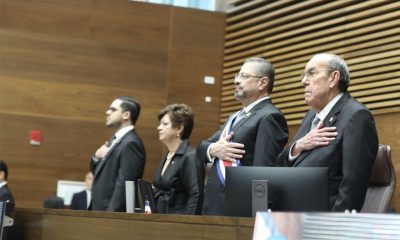
 Central America5 days ago
Central America5 days agoCosta Rica congressional leader warns of authoritarian drift under president Chaves
-

 International5 days ago
International5 days agoSinaloa Cartel faction leader ‘Chuy’ Guzmán Castro detained in Mexico amid rising violence
-

 International5 days ago
International5 days agoSpain approves plan to reduce workweek to 37.5 hours
-

 International5 days ago
International5 days agoProsecutor José Domingo Pérez reinstated in Fujimori corruption case
-

 Central America3 days ago
Central America3 days agoExperts urge action to protect democracy ahead of Honduras elections
-

 International5 days ago
International5 days ago“Give me a break”: Trump defends AI image of himself as the Pope
-

 International2 days ago
International2 days agoVP JD Vance to World Cup visitors: “Enjoy the game, then go home”
-
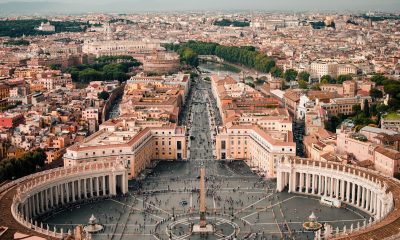
 International5 days ago
International5 days agoSins of the Vatican: Scandals, abuse, and a cardinal’s fall from grace
-

 International5 days ago
International5 days agoSheinbaum rejects U.S. military presence in Mexico’s war on drugs
-

 Sin categoría5 days ago
Sin categoría5 days agoPope Francis donated Popemobile transformed into mobile clinic for Gaza’s children
-

 International2 days ago
International2 days agoBill Gates accuses Elon Musk of endangering the world’s poorest children
-
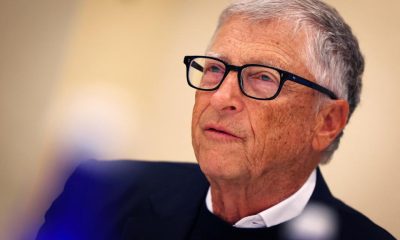
 International2 days ago
International2 days agoGates Foundation to close by 2045 as Bill Gates pledges to donate $200 Billion
-

 International3 days ago
International3 days agoLong wait at the Vatican: experts defend lengthy papal election process
-
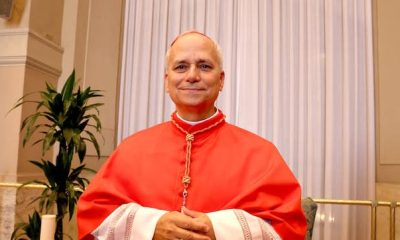
 Internacionales2 days ago
Internacionales2 days ago“A great honor for our country”: Trump congratulates Pope Leo XIV
-

 International3 days ago
International3 days agoXiomara Castro’s government vows to protect citizens amid threat reports
-

 International1 day ago
International1 day agoMaduro to Xi: Venezuela is a loyal friend to China
-

 International1 day ago
International1 day agoIberojet reaffirms commitment to Honduras as Central American Hub
-

 International2 days ago
International2 days agoStrong winds cause stage collapse in Mexico City; seven hurt
-
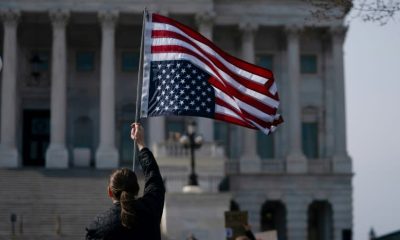
 International1 day ago
International1 day agoHabeas Corpus at risk as Trump team eyes drastic border policy shift
-
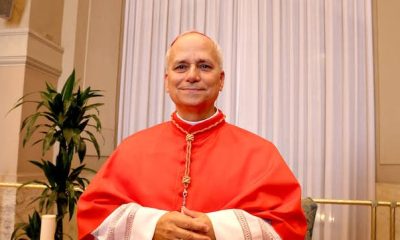
 International5 hours ago
International5 hours agoPope Leo XIV blesses mexican faithful during Vatican appearance
-

 International4 hours ago
International4 hours agoPope Leo XIV’s roots in Peru inspire hope for Amazon protection

























